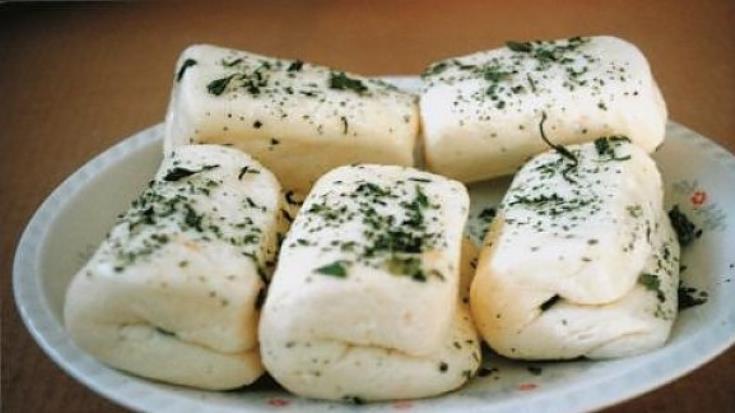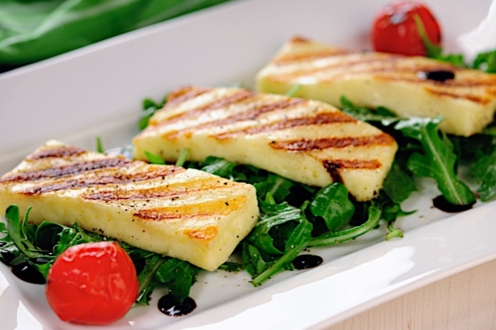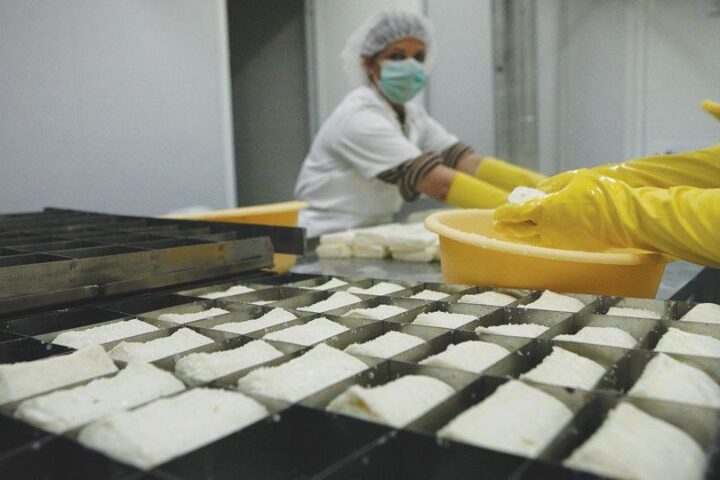A Greek dairy producer’s plans to set up shop in Cyprus to make halloumi under its newly acquired status as a Product of Origin is causing unrest among local cheesemakers.
According to reports, Hellenic Dairies SA, belonging to the Sarantis family, is planning its arrival in Cyprus, establishing a massive dairy plant to produce halloumi, with an accompanying liquid waste treatment plant for biogas production.
Hellenic Dairies are setting up a plant in Cyprus to be eligible to produce halloumi under the strict criteria of its EU Product of Origin file approved last year.
Halloumi’s PDO file states that the cheese must be produced with goat and sheep milk produced by local breeds, fed with a certain animal feed.
And halloumi’s must be produced with a milk ratio of a minimum of 51% goat and sheep milk to cow milk.
Local dairy producers are not keen to see another player on the Halloumi chessboard, as they argue that the arrival will add pressure on the already scarce production of goats and sheep milk needed.
In comments to the Financial Mirror, a source close to the local dairy industry said the intervention of another player in the market is not good news as the production of goat milk is already limited.
“Competition is almost always beneficial, especially for consumers.
“However, in this case, the arrival of another competitor could actually prove to be costly for consumers,” said the source.
The source argued that quantities of goat milk used in the production of halloumi are already scarce, as milk has to come from tribes specific to Cyprus, which do not produce large quantities.
“With animal feed prices skyrocketing due to the war in Ukraine, the number of goats and sheep is expected to decline as many animal breeders will not be able to sustain their farms.
“What will happen is that this company will try to buy the portion of milk previously earmarked for local producers.
“This would mean that the newcomer would have to spend more in an effort to have priority access to the limited quantities, pushing up prices.
Huge facility
It is also understood that the local industry is further concerned as Hellenic Dairies plan to build a massive plant capable of processing 180 tonnes of milk a day.
According to Financial Mirror information, the island’s largest dairy producers can only process 15 tonnes of milk daily.
Hellenic Dairies will establish the manufacturing plant on land bought by its Cyprus subsidiary Olympus Foods (Cyprus) Ltd, in the Industrial Area of Tseri, Nicosia.
The project is to cost €40 mln and include a wastewater treatment plant with a 700 m3 / day capacity.
Liquid waste treatment at maximum capacity will produce 5,479 m3 / day of biogas, containing 3,738 m3 of methane.
The news of the Greek dairy producer’s plans comes amid a standoff between Cyprus cheesemakers and authorities over the halloumi recipe.
Halloumi’s PDO status, approved in April 2021 by the European Commission, means the rubbery cheese can only be produced in Cyprus under strict criteria, preventing imitators worldwide from claiming the crown.
However, the thorny issue for producers is the ratio of cow-to-sheep or goat milk.
Local cheesemakers challenge halloumi’s newly acquired PDO status in court, as they argue that tight criteria would unavoidably mean loss of exports and decreased production.
The Agriculture Ministry has fired back, saying it would hit producers of non-PDO-compliant halloumi with lawsuits.
Last year, the Agriculture Ministry valued the global halloumi cheese market at €420 mln, while studies show the market could generate €625 mln in five years.










